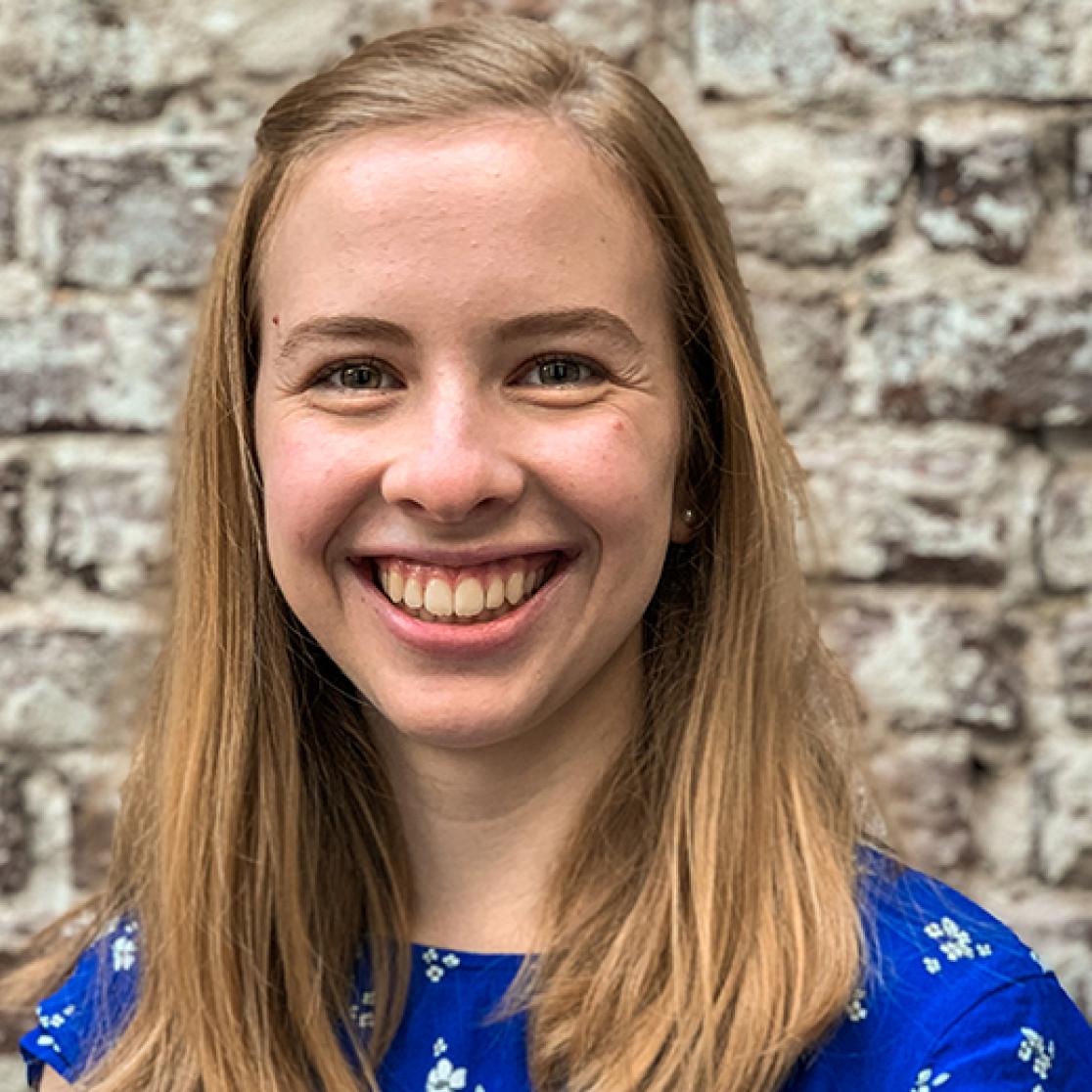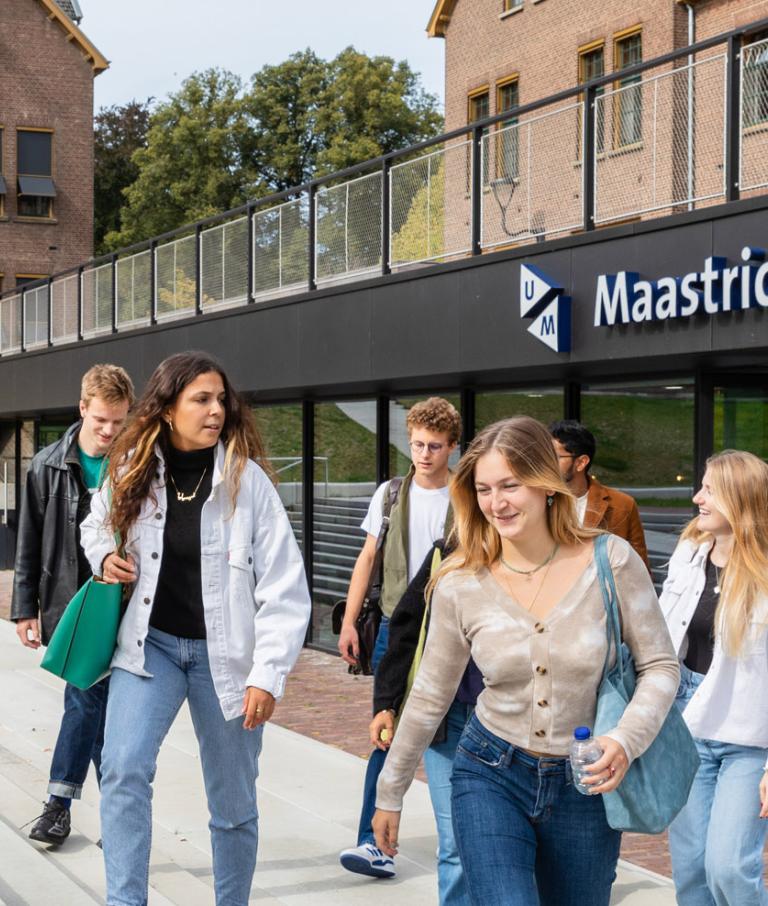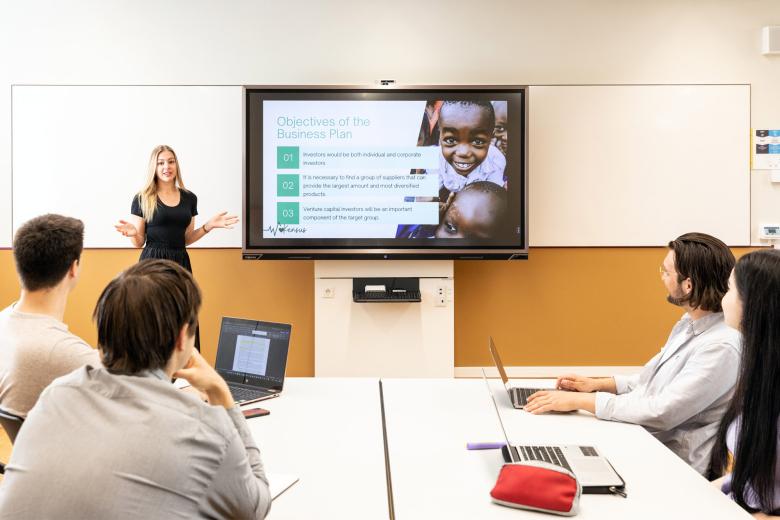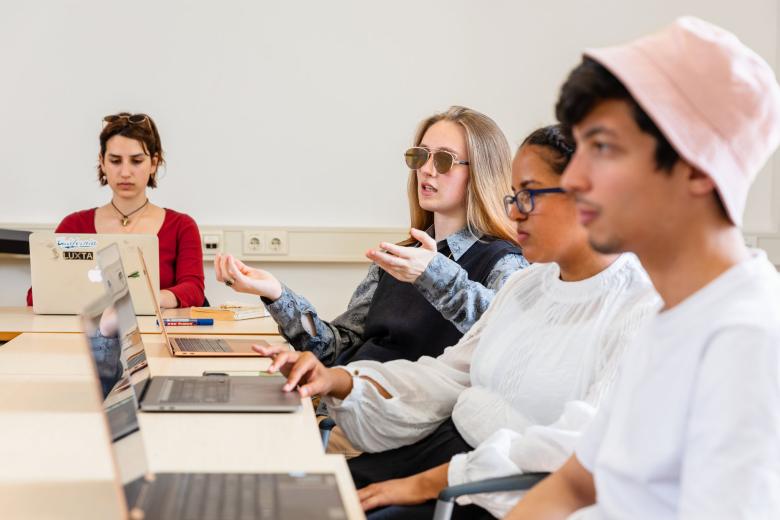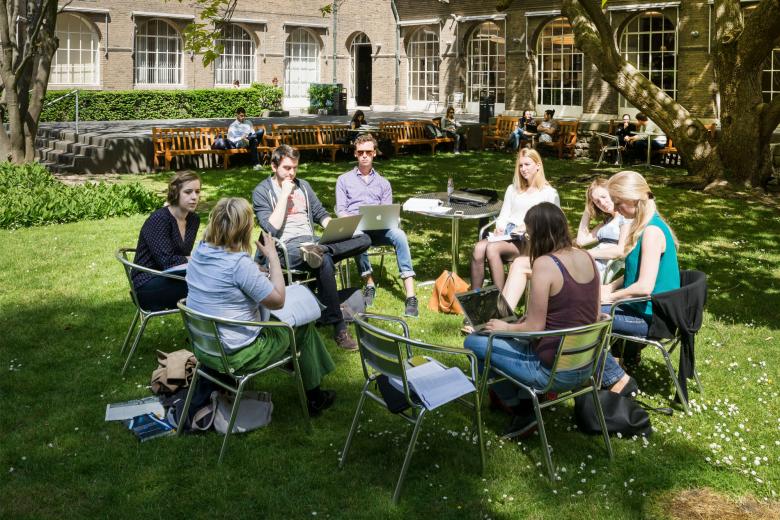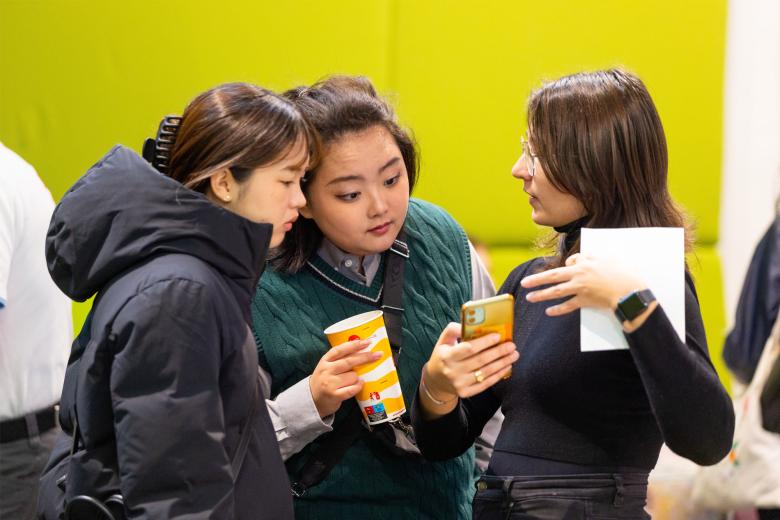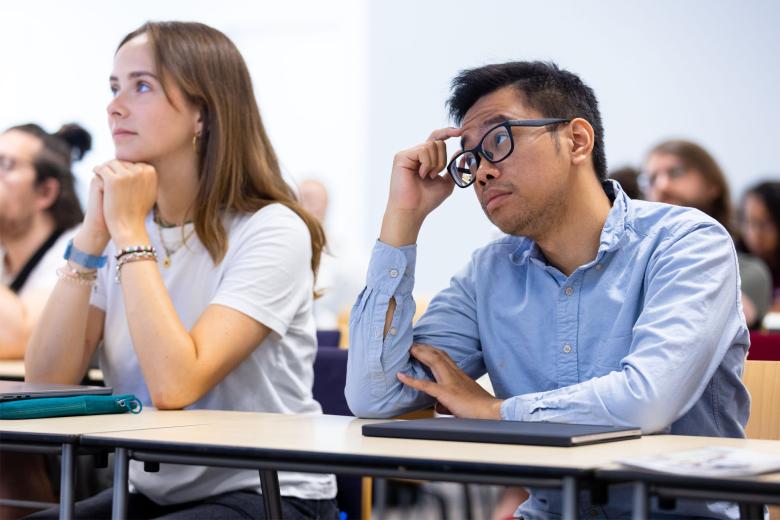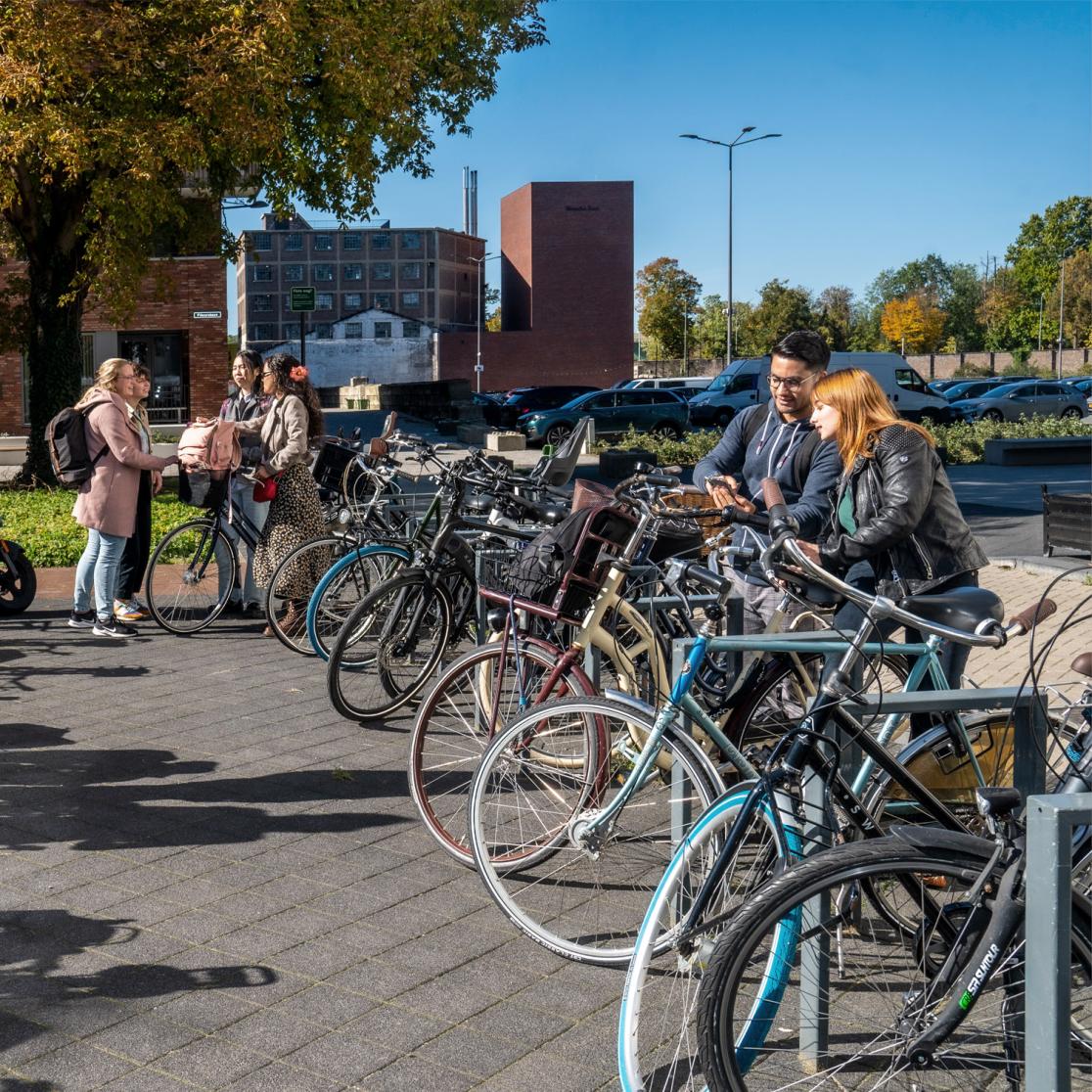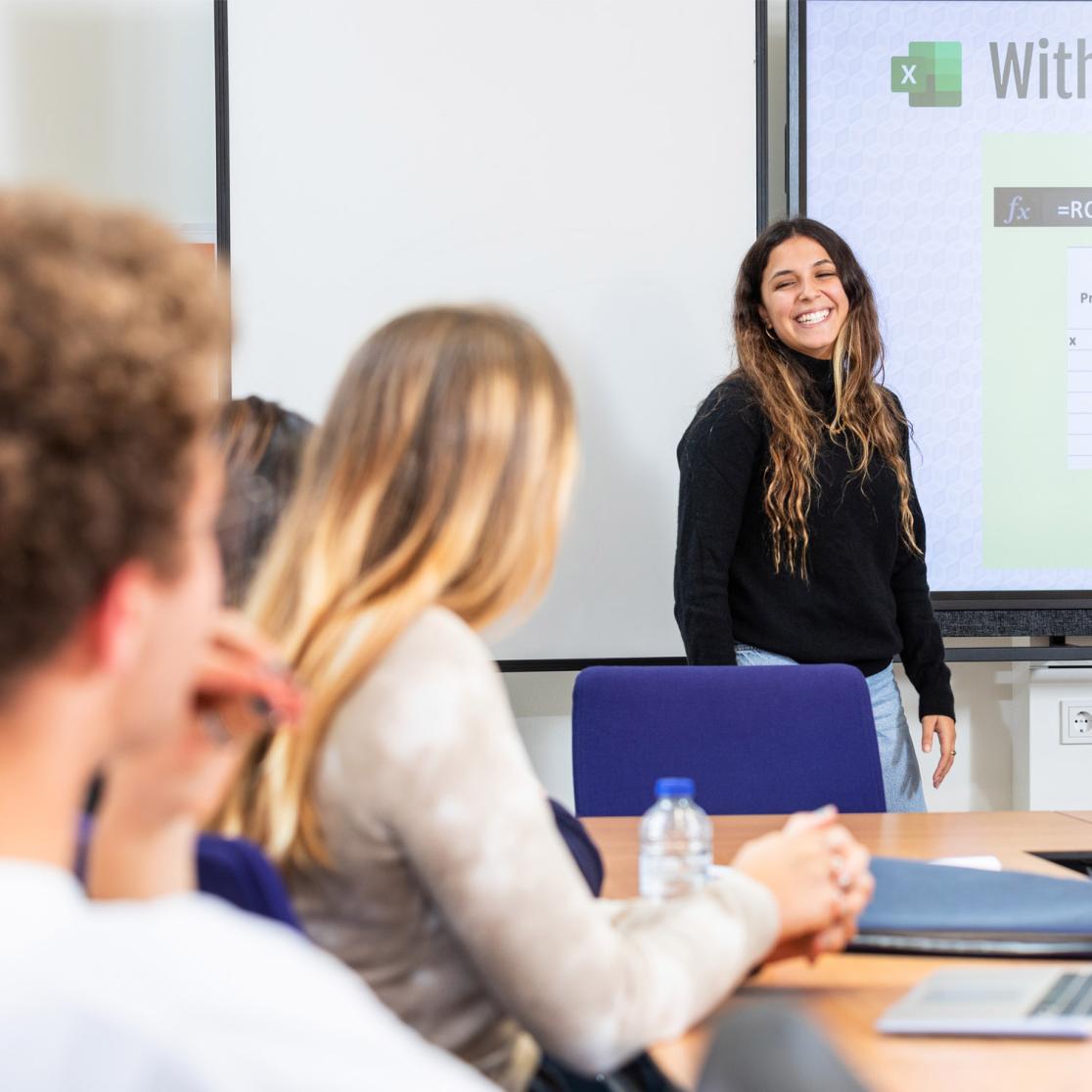We believe in small-scale, international education
We are known for our personal approach to education in small groups, within an open and international environment. Everyone is welcome here, including you.
Meet us!
Information for (prospective) students
I have always found the student community at University College Maastricht to be very welcoming. Everyone is approachable and friendly.
The community was warm and welcoming from the start, making it easy for me to adapt. I also had the opportunity to engage in discussions with very enthusiastic lecturers on a wide range of topics, which made learning about these subjects enjoyable.
Kate Robinson, University College Maastricht student